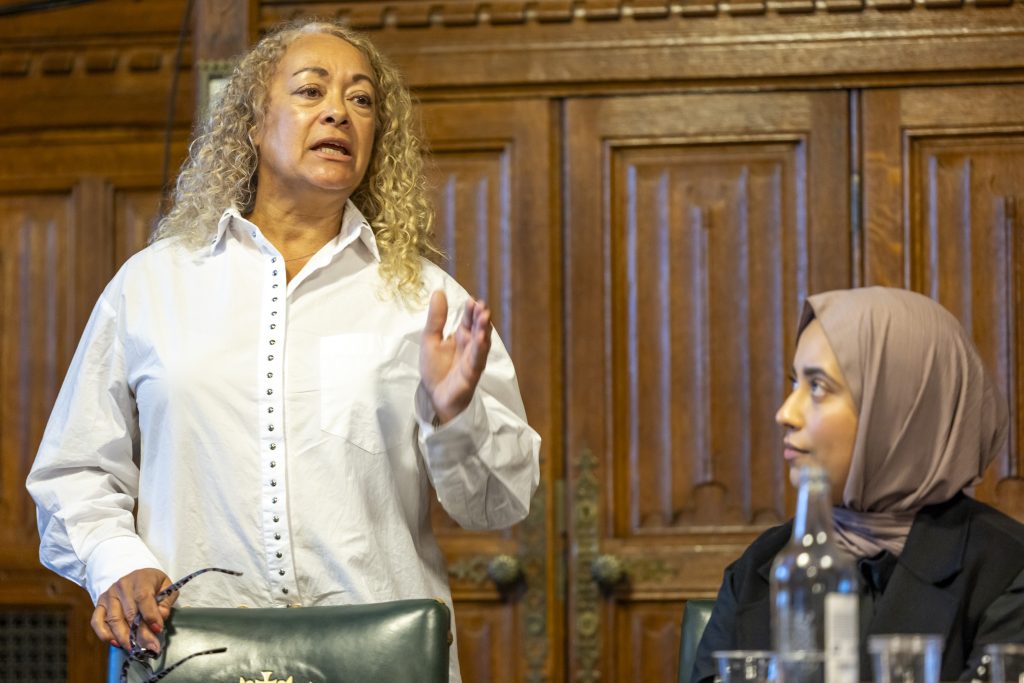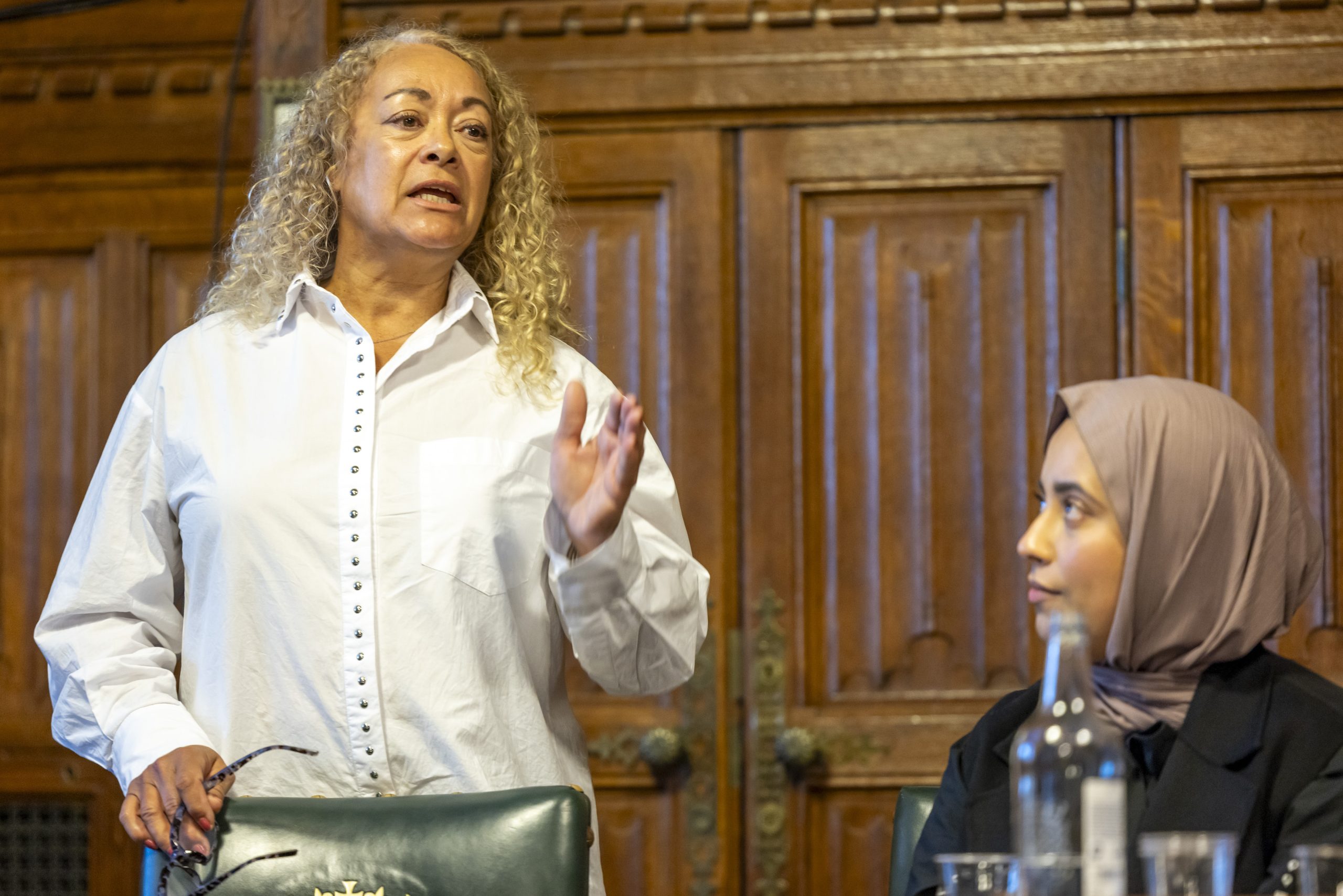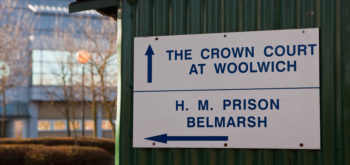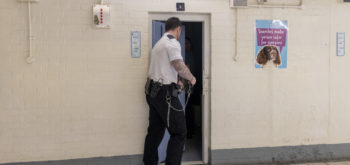Parliament is to debate a proposal to curtail the misuse of joint enterprise by restricting its application to those who make a ‘significant contribution’ to a crime. The centuries-old doctrine has been called as a legal ‘dragnet’, used in the convictions of innocent bystanders or people involved in much lesser crimes, particularly against young Black boys and other over-criminalised groups.
Kim Johnson MP, chair of the All-Parliamentary Group on Miscarriages of Justice, has tabled an amendment to the Crime and Policing Bill along the same lines as her private member’s bill. ‘The principle is simple,’ Johnson said. ‘If you did not make a significant contribution to a crime, you should not be convicted of it.’ The amendment is due to be debated next week during the report stage of the Bill.
According to the MP, the current application of joint enterprise law allows for convictions based on presence, association, or the mere possibility that someone could have foreseen a crime. This ‘flawed standard’ was ‘discredited’ by the Supreme Court in 2016’s landmark Jogee ruling leading to ‘unjust prosecutions and lifelong sentences based on weak or circumstantial evidence’.
As reported on the Justice Gap, Black people are 16 times more likely to be charged under joint enterprise laws than white people, according to data form a Crown Prosecution Service pilot study published following the threat of legal action by the campaign group JENGbA and Liberty.
 ‘Joint enterprise has become a legal dragnet,’ Johnson continued. ‘It is driven by racial bias, gang stereotypes, and guilt by association. This isn’t justice – it’s systemic injustice.’ The MP says her amendment has the backing of legal experts, campaigners, and families affected by wrongful convictions, as well as a previous public commitment from the Labour front bench to reform joint enterprise law. ‘With our courts facing record backlogs and prisons in crisis, we cannot afford to keep locking up people who pose no real risk to society,’ said Ms Johnson. ‘This reform is not about letting people off the hook. It’s about ensuring the right people are held accountable – and the innocent are not.’
‘Joint enterprise has become a legal dragnet,’ Johnson continued. ‘It is driven by racial bias, gang stereotypes, and guilt by association. This isn’t justice – it’s systemic injustice.’ The MP says her amendment has the backing of legal experts, campaigners, and families affected by wrongful convictions, as well as a previous public commitment from the Labour front bench to reform joint enterprise law. ‘With our courts facing record backlogs and prisons in crisis, we cannot afford to keep locking up people who pose no real risk to society,’ said Ms Johnson. ‘This reform is not about letting people off the hook. It’s about ensuring the right people are held accountable – and the innocent are not.’








